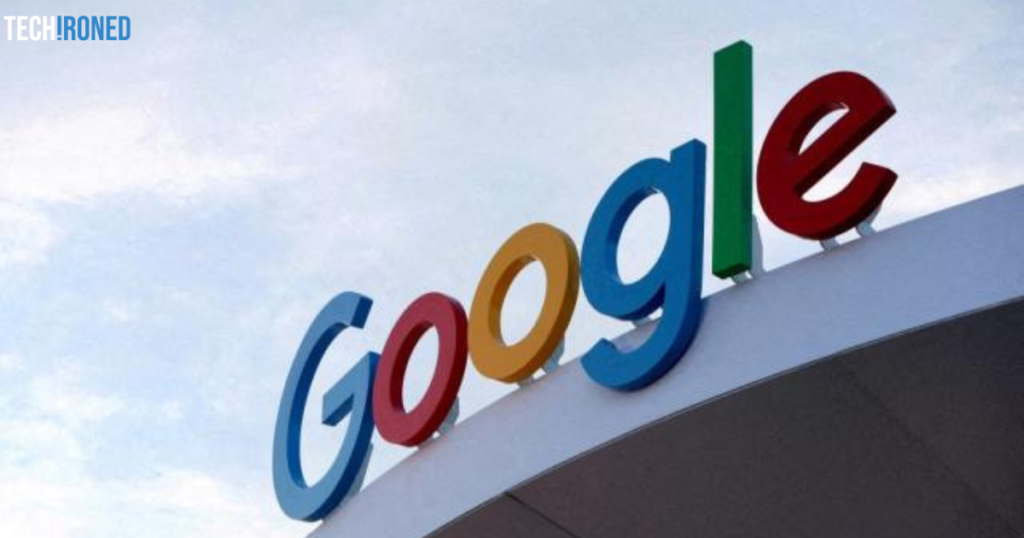In an unexpected step last week, Google sends DOJ unexpected check in an attempt to settle damages claims ahead of schedule in its impending antitrust trial. This trial is scheduled to start in September and will center on Google’s purported monopoly in the digital advertising market.
Table of Contents
Google sends DOJ unexpected check
Google contends in its court filing that the payment moots the government’s damages claim. While denying any liability, the corporation says the payment is intended to expedite the legal procedure. According to Google, this strategy avoids needless complexities like a drawn-out jury trial that focuses on technical issues that the jurors might find confusing.
Size of the Check
The precise amount of the check is still unknown; to preserve Google’s trade secrets, important statistics have been withheld. Google, however, indicates that the loss estimate has been much lower than the original projection of between $100 million and $300 million. According to Google, following substantial discovery, the US Department of Justice (DOJ) can only identify damages of less than $1 million.
Legal and Strategic Implications
Google made this payment in an attempt to avert a jury trial. The business feels that the case’s intricate technical concerns should be decided by a judge rather than a jury. Legal experts differ in their assessments of Google’s prospects. Professor Mark Lemley of Stanford Law School expressed skepticism, speculating that a jury would find in favor of more damages than Google has estimated. However, Herbert Hovenkamp of the University of Pennsylvania believes that the action was a wise one, pointing out that juries are sometimes unfit to handle complex technical arguments.
DOJ’s Position
Google’s payment has eluded the DOJ, which initiated the antitrust complaint alongside 17 states. According to the DOJ, Google’s monopolization of the digital advertising industry hurts competitors as well as customers, in violation of the Sherman Act. In addition to damages, the government also wants structural reforms, such as dismantling Google’s ad tech company.
Historical Precedent and Google’s Defense
Google asserts that it would be hypocritical for the government to reject Google’s request today by citing a 2023 case in which the U.S. government claimed that a full payment mooted the plaintiff’s damages claim. Google maintains that the DOJ’s damages claim was added at the last minute in an attempt to get a jury trial, which it feels is not necessary in this extremely technical matter.
Future Proceedings
It is anticipated that the DOJ will respond to Google’s payment shortly; a hearing is set for June 21 in Alexandria, Virginia. Should the court accept Google’s contention, a bench trial in September may take place in this matter. This would restrict the trial’s focus to the alleged antitrust crimes without adding the burden of a jury debating over procedural matters.
Conclusion
Google made a calculated move to steer clear of a jury trial in the impending antitrust lawsuit, as evidenced by its surprise payment to the DOJ. Even though the outcome is yet unknown, this action highlights the intricate legal strategies businesses use in high-stakes legal disputes. The outcome of this historic antitrust lawsuit will be largely determined by the DOJ’s response and the court’s ruling.
- Don’t Forget more News and Research articles at
- https://techironed.com/
